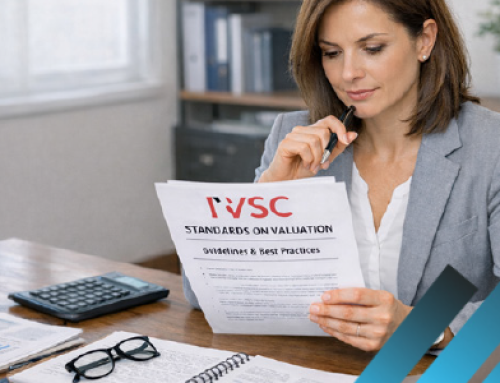From July 2026, dealers in precious stones, metals and related products will be formally regulated under Australia’s expanded anti-money laundering and counter-terrorism laws. These businesses are entering a new compliance environment that brings both responsibility and opportunity.
Amendments to the Anti-Money Laundering and Counter-Terrorism Financing Act 2006 (Cth) are designed to modernise Australia’s anti-money laundering and counter-terrorism funding regime in line with global standards, closing long-standing gaps by the Australian Government working in concert with Austrac. For dealers, this means putting systems in place to mitigate and manage money laundering, terrorism financing and proliferation financing risks.
The framework is managed by Austrac, the nation’s financial intelligence and anti-money laundering regulator, with is setting about the process in stages. From 31 March 2026, current reporting entities face updated AML/CTF requirements, although suspicious matter and threshold transaction reporting remain unchanged until 2029. On the same date, enrolment opens for newly regulated sectors, including dealers in precious stones and metals. From 1 July 2026, these businesses must comply with the full suite of anti-money laundering and counter-terrorism funding obligations.
At the heart of compliance is the requirement to develop and maintain an anti-money laundering and counter-terrorism funding program tailored to each business. This includes a clear risk assessment, policies, and procedures to identify, mitigate and manage threats. Senior management must approve the program, appoint an anti-money laundering and counter-terrorism funding compliance officer, and ensure independent reviews at least every three years. an over view of the changes is available from an Austrac factsheet available from the link below.
Customer due diligence is another cornerstone. Dealers will need to identify and verify customers before providing designated services, monitor transactions, and apply enhanced checks where higher risks are present. Ongoing customer due diligence is required throughout the customer relationship, helping businesses detect unusual behaviour and suspicious activity.
Reporting obligations are equally important. Dealers must submit suspicious matter reports when they suspect activity linked to crime or terrorism financing, as well as threshold transaction reports for cash transactions of $10,000 or more. These reports contribute to AUSTRAC’s intelligence efforts, supporting law enforcement and national security agencies.
The Australian Government has progressed these reform to address anti-money laundering and counter-terrorism funding, activities it says enable serious crimes including child exploitation, trafficking, fraud, and even the proliferation of weapons of mass destruction.
According to Austrac, dealers in high-value assets like precious stones and metals are attractive targets for criminal networks seeking to disguise illicit funds. For dealers, compliance is not simply a legal requirement. It is about protecting their businesses, safeguarding Australia’s financial system, and reinforcing community trust.
The Auctioneers and Valuers Association of Australia (AVAA), through the AVAA Government Affairs Committee, is working with Austrac to ensure that dealers can ensure a smooth transition into the AML/CTF regime and demonstrate leadership in strengthening integrity across their industry.
If you have any questions on this matter, please send an email to advocacy@avaa.com.au or telephone 1300 928165.
Ends.







